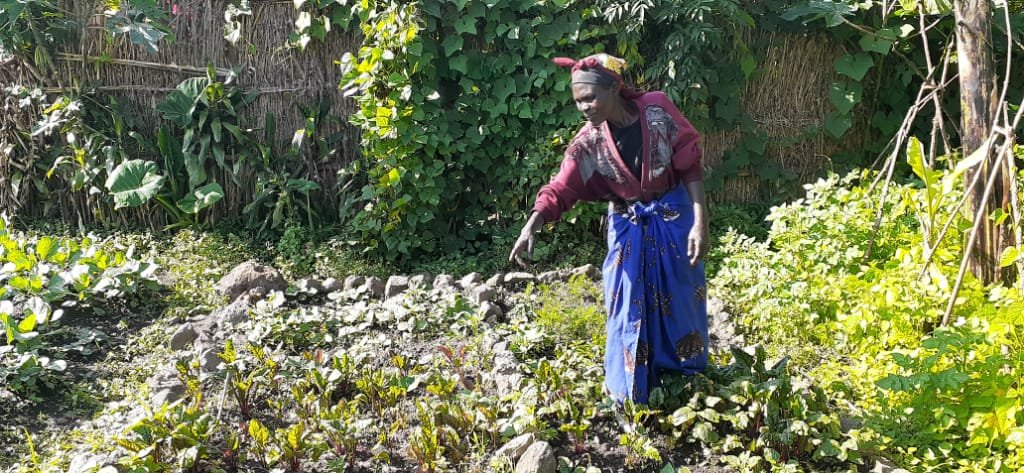Diet Diversity and Food Security
"Our food should be our medicine, and our medicine should be our food. "– Hippocrates.
In collaboration with Rotary International, Colorado State University, and the nonprofit VMO, MIGHTi co-founder and Vice President Brittney Sly managed the implementation and evaluation of the 2-year Empowering Women through Agriculture (EWA) Project in Rwanda.
Building on the wishes of the Cyanika, Rwanda Community Vision Board to address health and nutrition, the EWA project was a collaborative venture with support from VMO US-based and Rwanda-based staff, local government officials, and Rwanda-based experts including an Agronomist and Nutritionist. The project also used structural successes from past Rotary International and VMO-backed projects, while also including participants in key decision points during the course of the project.
The goal of the project was to improve human health & livelihoods by empowering women through hands on training with skills in horticulture, sustainable gardening, nutrition, meal planning, and food entrepreneurship. The project aimed to diversify diets & improve nutrition knowledge to address dietary patterns more conducive to preventing micronutrient deficiencies and chronic malnutrition. Participants also gained capacity in sustainable home gardening.
By utilizing a train-the-trainer approach for lasting, community-wide impact, the EWA project started with a small group of 42 women representing their households. The initial group of women received 16 weeks of agriculture training and nutrition education along with the tools and support to start and maintain kitchen gardens. Topics included soil fertility, composting, pest management, water conservation, crop selection, crop rotation, basic nutrition, meal planning, food preservation and more. As project ambassadors, these new community trainers also participated in large group sessions focused on self-reflection and self knowledge assessment, with an overall goal of empowering the women educators to spread information throughout their community. After one year, over 125 households were included, ultimately impacting 600+ individuals.






